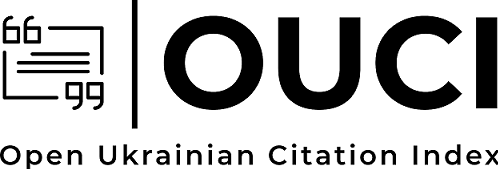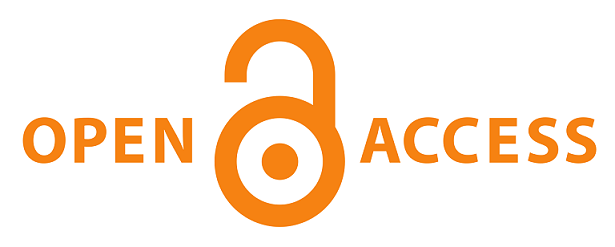«Треба вже набратися теї Європи, щоб більше не схотілось»: літературне середовище радянської України 1920-х рр. у листуванні Валер’яна Поліщука
DOI:
https://doi.org/10.28925/2524-0757.2024.211Ключові слова:
Валер’ян Полішук, Олесь Досвітній, Павло Тичина, літературно-мистецьке середовище, листування, его-документи, українська інтелігенціяАнотація
Стаття розглядає его-документи відомого вітчизняного поета, представника українського відродження 1920-х рр. Валер’яна Поліщука. Листування літератора становить значний інтерес з огляду на змістовність і важливість тематики, що в ньому відображається. Метою дослідження є з’ясування обставин його поїздок за кордон і характеристика складних відносини в літературно-мистецькому середовищі 1920-х рр. Найзмістовнішою частиною матеріалів є листи поета з поїздки Європою у кінці 1924 — на початку 1925 р. спільно з Павлом Тичиною та Олесем Досвітнім. Він побував спочатку у Москві, а потім — у Ризі, Берліні, Гамбургу, Лейпцигу, Празі, Парижі. Очевидно, що спецслужба при НКВС — Державне політичне управління — відстежувала такі поїздки. Водночас епістолярій В. Поліщука дає можливість побачити зсередини важливі події у його житті та літературно-мистецької інтелігенції радянської України загалом.
Завантаження
Посилання
Dosvitnii, O. (1929). Notatky mandrivnyka. Kyiv: Knyhospilka [in Ukrainian].
Polishchuk, V. (1925). Rozkol Yevropy. Khudozhnio-sotsialni ta pobutovi narysy. Kharkiv [in Ukrainian].
Polishchuk, V. (2015). Dorohy moikh dniv (Avtobiohrafichni materialy). In R. Movchan (Ed.) Sami pro sebe: Avtobiohrafii ukrainskykh myttsiv 1920-kh rokiv. (рр. 327–353). Kyiv [in Ukrainian].
Strikha, M., & Hrabovskyi, S. (2007). Valerian Polishchuk [in Ukrainian]. https://www.radiosvoboda.org/a/970188.html
Tsymbal, Ya. 4 liutoho 1921 roku. [in Ukrainian]. https://litakcent.online/2021/02/04/4-lyutogo-1921-roku/
Tsymbal, Ya. (2017). Homer Revoliutsii i «prykryi sakharyn»: 120 rokiv Valerianu Polishchuku. LitAktsent [in Ukrainian]. https://litakcent.online/2017/10/12/gomer-revolyutsiyi-i-prikriy-saharin-120-rokiv-valer-yanu-polishhuku/
Опубліковано
Як цитувати
Номер
Розділ
Ліцензія
Авторське право (c) 2024 Олександр Бонь

Ця робота ліцензується відповідно до Creative Commons Attribution-NonCommercial-ShareAlike 4.0 International License.
Автори, які публікуються у цьому журналі, залишають за собою право на авторство своєї роботи та передають журналу право першої публікації цієї роботи на умовах публічної ліцензії Creative Commons: Attribution-NonCommercial-ShareAlike 4.0 International (CC BY-NC-SA 4.0), котра дозволяє іншим особам вільно розповсюджувати опубліковану роботу з обов'язковим посиланням на авторів оригінальної роботи та першу публікацію роботи у цьому журналі.














